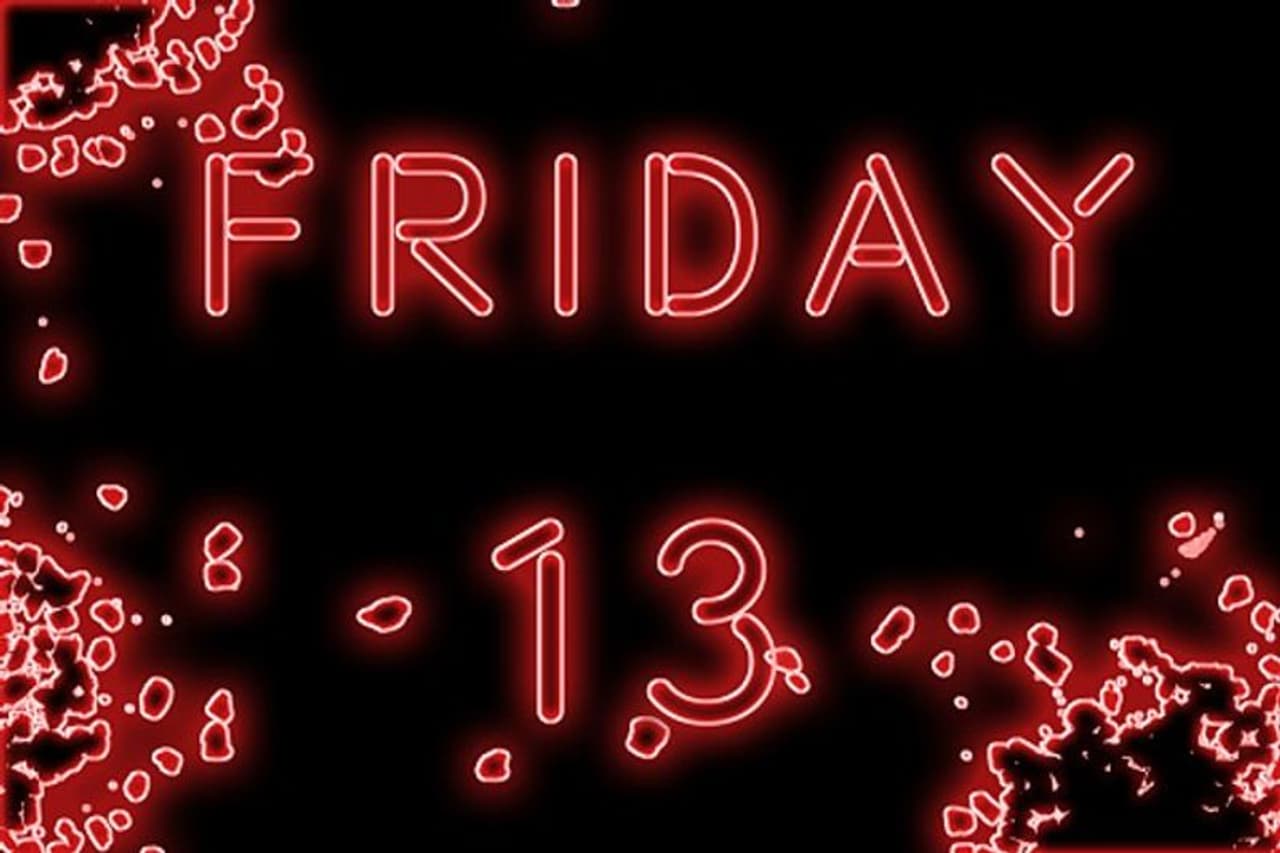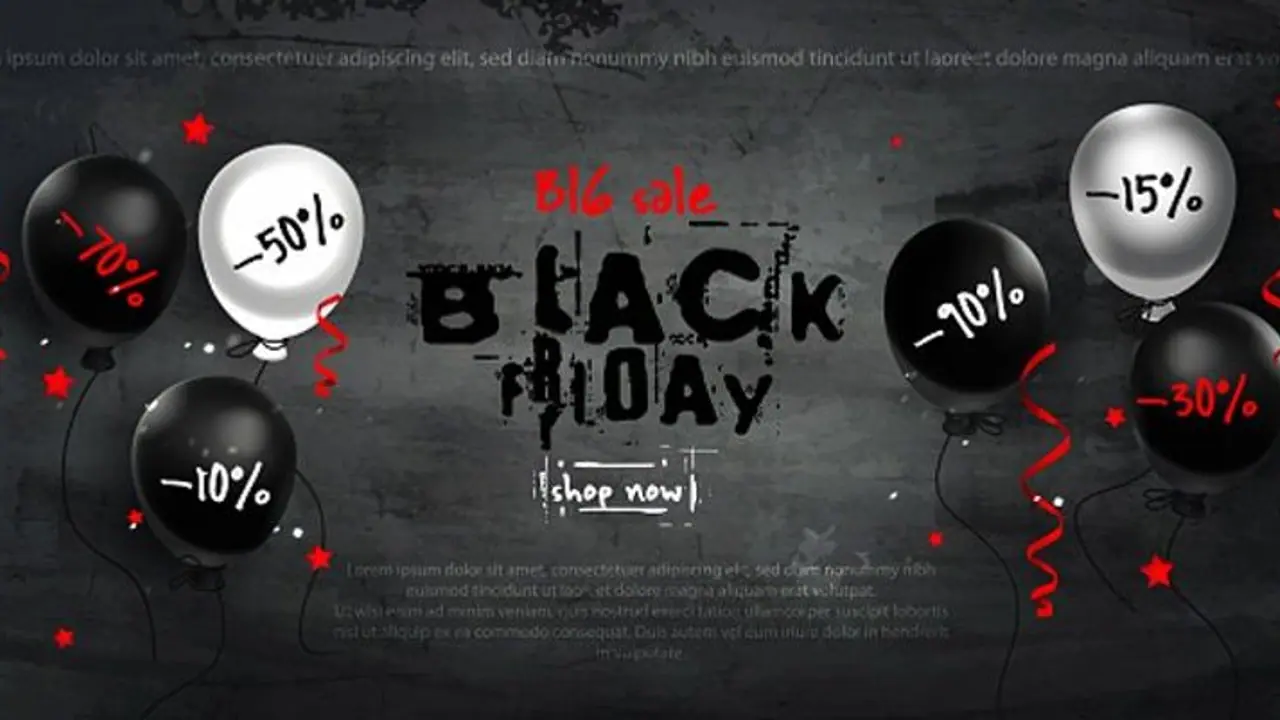This article delves into how businesses strategically leverage the superstition of Friday the 13th, capitalizing on marketing campaigns, special promotions, and unique events while also challenging common beliefs.
Superstitions have held sway over human beliefs for centuries, shaping behavior, influencing decisions, and even driving economic activities. One of the most enduring superstitions is the fear associated with Friday the 13th. But far from being just a curious quirk of human psychology, businesses and industries have found creative ways to capitalize on this superstition. In this article, we'll delve into how Friday the 13th has become a lucrative business opportunity, with marketing campaigns and special promotions designed around the date.

Turning Fear into Profit: Marketing Campaigns
Businesses across various industries have recognized the fascination and apprehension associated with Friday the 13th, and they've leveraged it to create engaging marketing campaigns. These campaigns often play on the theme of fear, inviting customers to confront their superstitions and participate in unique experiences.
Hospitality and Travel: Hotels and airlines may offer special discounts or packages for travelers willing to face their fear and book flights or accommodations on Friday the 13th. These promotions often include catchy slogans like "Conquer Your Fear with Our Friday the 13th Deals."
Entertainment: Movie theaters may host special screenings of horror films or themed events on Friday the 13th. Similarly, amusement parks and haunted houses take advantage of the date to attract thrill-seekers.
Retail: Retailers may run "Friday the 13th Sales" with discounts on various products, capitalizing on the superstition to boost sales and draw in customers looking for a good deal.
Food and Beverage: Restaurants and bars might offer spooky-themed menus and cocktails, creating a unique dining experience for patrons.

Special Promotions and Contests
Businesses often go a step further by introducing special promotions, contests, and activities tied to the superstition of Friday the 13th.
Loyalty Programs: Companies may create loyalty programs where customers earn rewards or discounts for making purchases on Friday the 13th.
Social Media Contests: Businesses leverage social media platforms to engage customers with contests related to superstitions or fear, encouraging users to share their own stories or experiences.
Limited-Edition Products: Brands may release limited-edition products or merchandise designed specifically for Friday the 13th, creating a sense of exclusivity and urgency among consumers.
Challenging the Superstition
Interestingly, some businesses actively challenge the superstition associated with Friday the 13th, flipping the narrative to emphasize the positive or to encourage bravery.
Charitable Initiatives: Companies may use the date as an opportunity to launch charity campaigns or donate a portion of their proceeds to relevant causes, framing Friday the 13th as a day for good deeds.
Educational Campaigns: Organizations engage in educational initiatives, debunking common superstitions and promoting rational thinking.
The Global Impact
It's worth noting that Friday the 13th superstitions are not universal, and their impact varies across cultures. While it's widely feared in Western societies, other parts of the world may not hold the same beliefs. As a result, businesses may tailor their strategies to fit local superstitions and cultural nuances.
In conclusion, the business of superstitions, particularly on Friday the 13th, highlights the innovative ways in which industries and companies can turn fear into profit. From marketing campaigns and special promotions to challenging common beliefs, businesses have found creative and lucrative ways to engage with consumers on this day. Whether you're superstitious or not, Friday the 13th has undoubtedly become a date marked on the calendar for both fear and financial opportunity.
